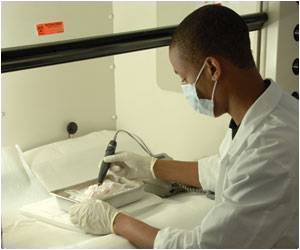New study findings show how a person’s cognitive performance before viral exposure can predict symptom severity once the virus develops.

‘Variations in daily cognitive performance can signal changes in the brain that increase the risk of developing a viral infection.’





Subtle variations in everyday cognitive performance can signal changes in brain states that are known to increase the risk of illness such as stress, fatigue, and poor sleep.Researchers wanted to measure cognitive function and explore whether it was predictive of immune performance after exposure to a respiratory virus. Cognitive variability, measured with an at-home, digital self-test, turned out to be very predictive.
Measuring Brain Function to Predict Immune Response After Virus Exposure
They studied a cohort of 18 healthy volunteers who took brain performance tests three times per day for three days and then were exposed to a cold virus known as human rhinovirus.The software provided 18 measures of cognitive function including reaction time, attention, and rapid switching between numbers and symbols, which were combined to derive an index of variability.
In the beginning, they didn't find that cognitive function had a significant association with susceptibility to illness. But later, when they looked at change over time, we found that variation in cognitive function is closely related to immunity and susceptibility.
The team assessed viral shedding by using a saline solution to wash out the nasal passages of participants. They determined the presence of viral infection and the quantity of virus in the fluid by growing the virus in a cell culture.
Advertisement
This is an interesting observation in a relatively small study. Researchers hope that there will be a chance to confirm these findings in a larger, more definitive study.
Advertisement
Source-Eurekalert













